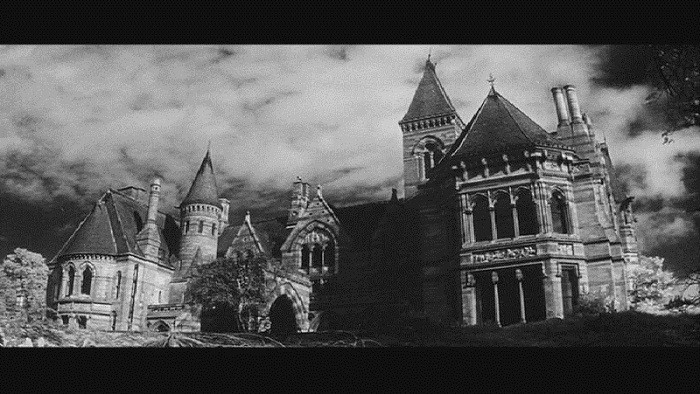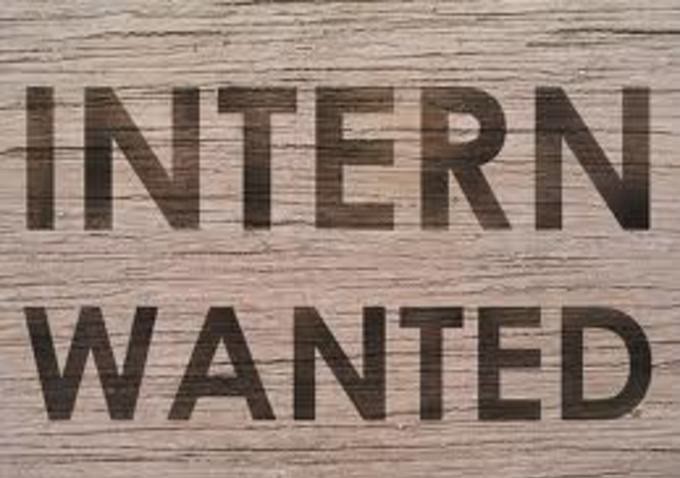“No live organism can continue for long to exist sanely under conditions of absolute reality; even larks and katydids are supposed, by some, to dream.
Hill House, not sane, stood by itself against its hills, holding darkness within; it had stood for eighty years and might stand for eighty more.”
“I think there are few if any descriptive passages in the English language that are any finer than this,” Stephen King wrote of the opening passage of
Shirley Jackson’s 1959 novel The Haunting of Hill House.
Jackson, who is best known for her short story “The Lottery,” is also a remarkable novelist. The Haunting of Hill House has been adapted into a
film twice, once in 1963 and again in 1999, but she has somehow undeservingly escaped popular recognition as not only a brilliant horror writer but also a
writer of complex, nuanced female protagonists.
Jackson’s writing is exquisite, unusual and in many ways, genre-defying — a recent piece
about her novel Hangsaman has the writer immediately scouring the internet trying to figure out what it is exactly that he just read. One of the
commonalities of her work is that she delves deeply into the inner lives of her characters and explores their rich fantasy lives — in ways that often make
it unclear what is fantasy and what is reality.
The Haunting of Hill House
is a haunted house story like so many you’ve read before — in part because I’d argue Jackson popularized the genre. A group of four comes to Hill House to
find definitive proof of a haunting. Among them is Eleanor, the novel’s protagonist, who has recently left her home after many years of caring for her
recently deceased mother. Each of the four have been selected for their special experiences and abilities with the supernatural — Eleanor is selected
because when she was a child, stones fell from the sky onto her house for two days straight. Things go bump in the night at Hill House in a truly
frightening fashion — you can’t turn the pages fast enough. Eleanor no longer has a place to really call home — in between her mother’s house and sleeping on
her sister’s house — and slowly, ghost or no ghost, she attaches to Hill House.
Jackson’s skill is in her careful suggestion of several plots, each of them plausible — Eleanor is falling under the spell of a truly haunted house; Eleanor
is a lonely woman who is hallucinating the haunting; and most insidious of all: Eleanor herself is causing the haunting of Hill House. No matter which of
the three is true, Eleanor becomes and more and more entranced by the house until she — and the reader — can’t tell what is fantasy and what is reality.
Of course a film adaptation is going to be unsuccessful at capturing this level of nuance and scariness.
The 1959 adaptation tries to accommodate the uncertainty of the plot — and Eleanor’s mounting madness — in voice-over, but watching the movie now it feels as
if the technology of the day wasn’t enough to translate the creeping fear that overtakes the reader in the book — a scene in which Eleanor and Theo, another
Hill House inhabitant, go for a walk in the woods together and suddenly the color leaches out of everything around them is completely cut. The two women
are forced to walk forward, too afraid to turn around, until Theo looks behind her, and yells at Eleanor to run. Eleanor and the reader never know what
Theo saw, but that’s precisely why the scene is so scary.
The 1999 remake is almost completely a failure. The ambiguity of Jackson’s original work is too much for 90’s filmmakers, and is scrapped completely in
favor of a tidier plot. In the 1999 Hill House, Eleanor finds ghost children in the house — murdered by Hugh Crain, builder of the house — and her affinity
to the house is explained away by making Eleanor the great-great-granddaughter of Hugh, thus, the only one capable of putting the spirits of the dead
children to rest. If you’re confused, so was I.
The 1999 remake undoes what is perhaps the scariest aspect of the novel — that Eleanor is drawn to what is truly evil about Hill House, and chooses to
become part of it.
So many things are scary and resonant about The Haunting of Hill House; it is a remarkable book, and Shirley Jackson is a remarkable writer
because she is able to capture what might scare all of us the most: the lengths to which we go and what we will accept in order to belong.
_______________________________________
Dahlia Grossman-Heinze enjoys horror films, Prince, Bruce Springsteen, David Lynch, and girl bands almost equally. She is the social media intern at Feministing. She is a Portlander at heart, now living in Chicago. You can follow her on Instagram
@grossmad and on tumblr.







